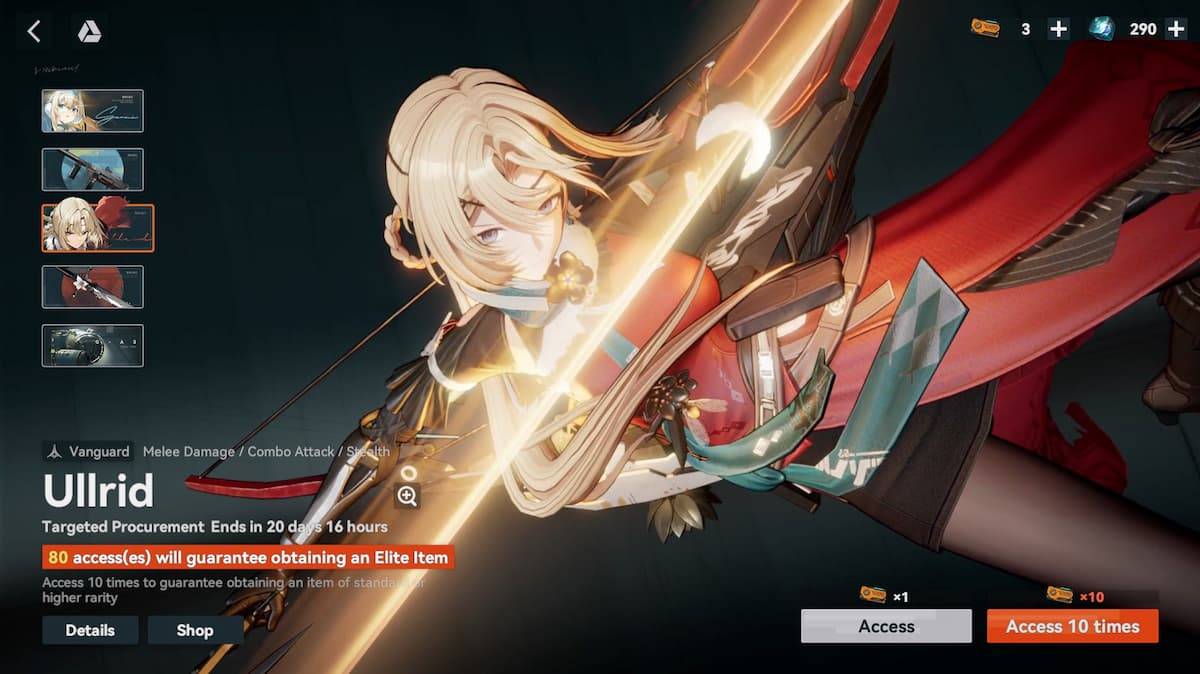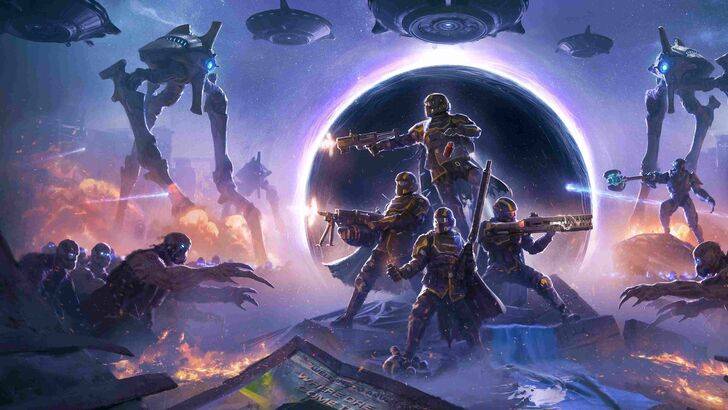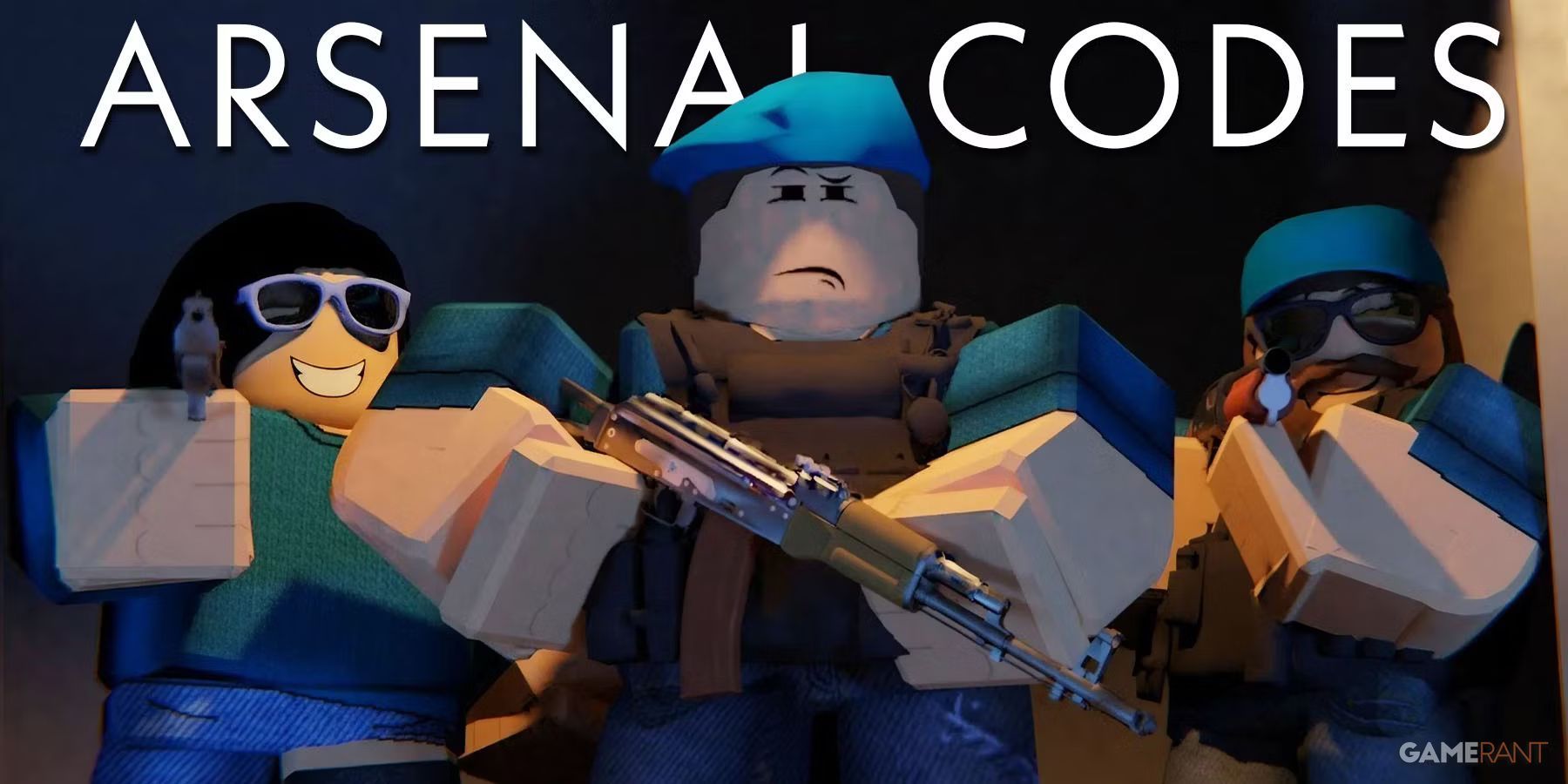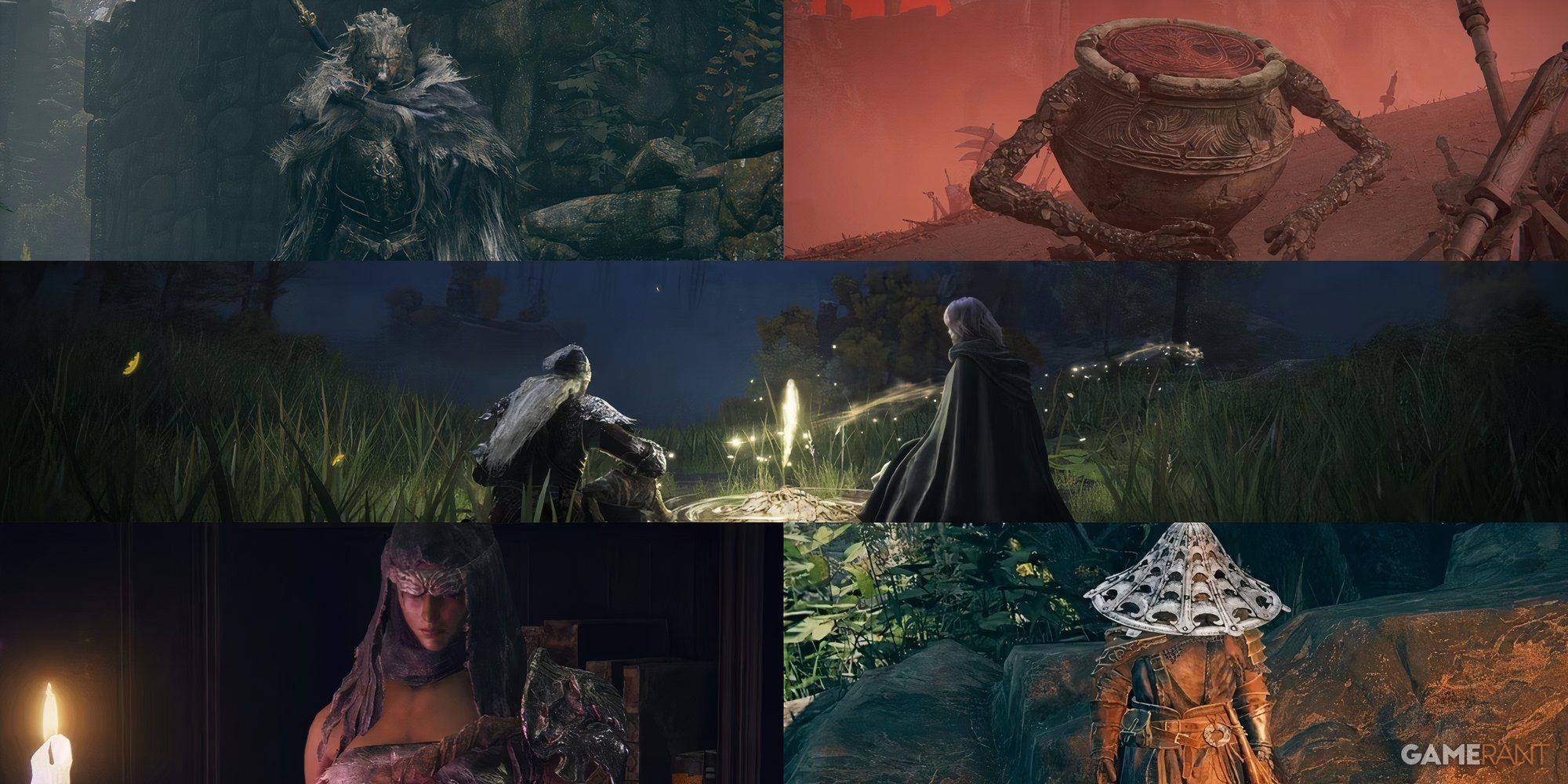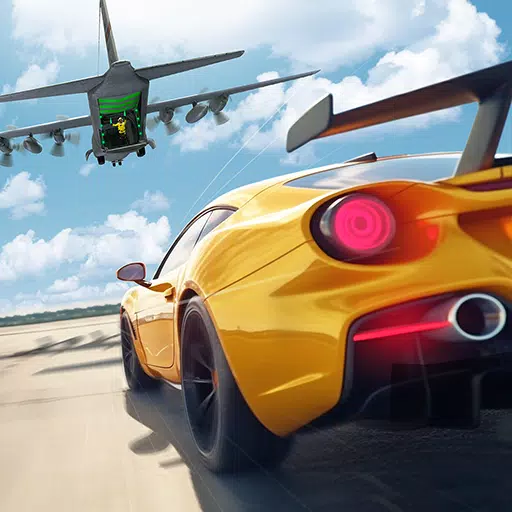God of War Thrives on Reinvention
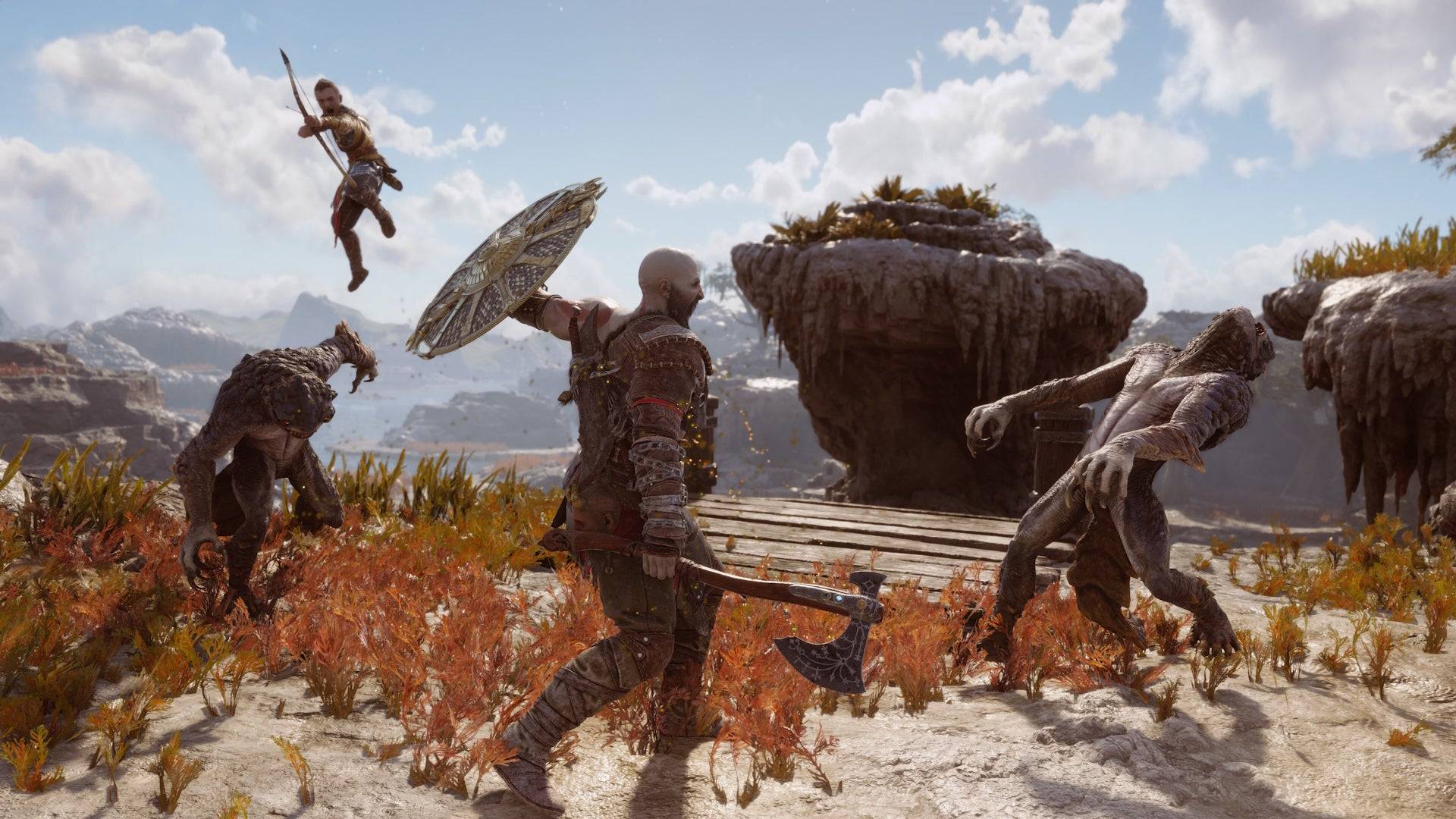
The God of War franchise has remained a PlayStation cornerstone across four console generations. When Kratos first embarked on his vengeful ascent to godhood in 2005, few anticipated where the iconic Spartan warrior would stand two decades later. While many long-running franchises struggle maintaining relevance, God of War thrives by embracing transformation. The revolutionary 2018 reboot transporting Kratos from Greek to Norse mythology reshaped both the series' presentation and gameplay. Yet even before this acclaimed reinvention, developer Sony Santa Monica implemented gradual but impactful changes sustaining the franchise.
The Crucible of Reinvention
Future chapter settings hint at continued evolution. After transitioning to Norse mythology, director Cory Barlog envisioned exploring Egyptian and Mayan eras - a prospect rumors recently revived. While speculative, Egypt's distinct mythology and culture naturally captivate fans. However, environmental changes merely begin the process - successful reinvention requires the transformative spirit that reimagined Greek trilogy mechanics for acclaimed Norse adventures.
The franchise never feared change between installments. The Greek trilogy refined hack-and-slash gameplay across a decade, culminating in God of War 3's polished combat system on PS3's superior hardware. This final Greek chapter introduced enhanced camera perspectives and a revamped magic system complementing melee combos.
The reboot abandoned several Greek-era staples, like platforming sequences incompatible with the over-the-shoulder perspective, while adapting puzzle elements for adventure-focused gameplay.
"By returning to the series' Greek roots both mechanically and narratively in Valhalla, Kratos' story came full circle."
The Valhalla DLC brilliantly demonstrated reinvention philosophy, resurrecting fan-favorite battle arenas adapted for Norse mythology while driving narrative closure as Kratos confronted his Greek past.
The Norse saga introduced transformative mechanics - the Leviathan Axe's recall system, shield-based parrying, and Ragnarök's explosive spear combat - all while expanding exploration across Nine Realms with distinctive environments.
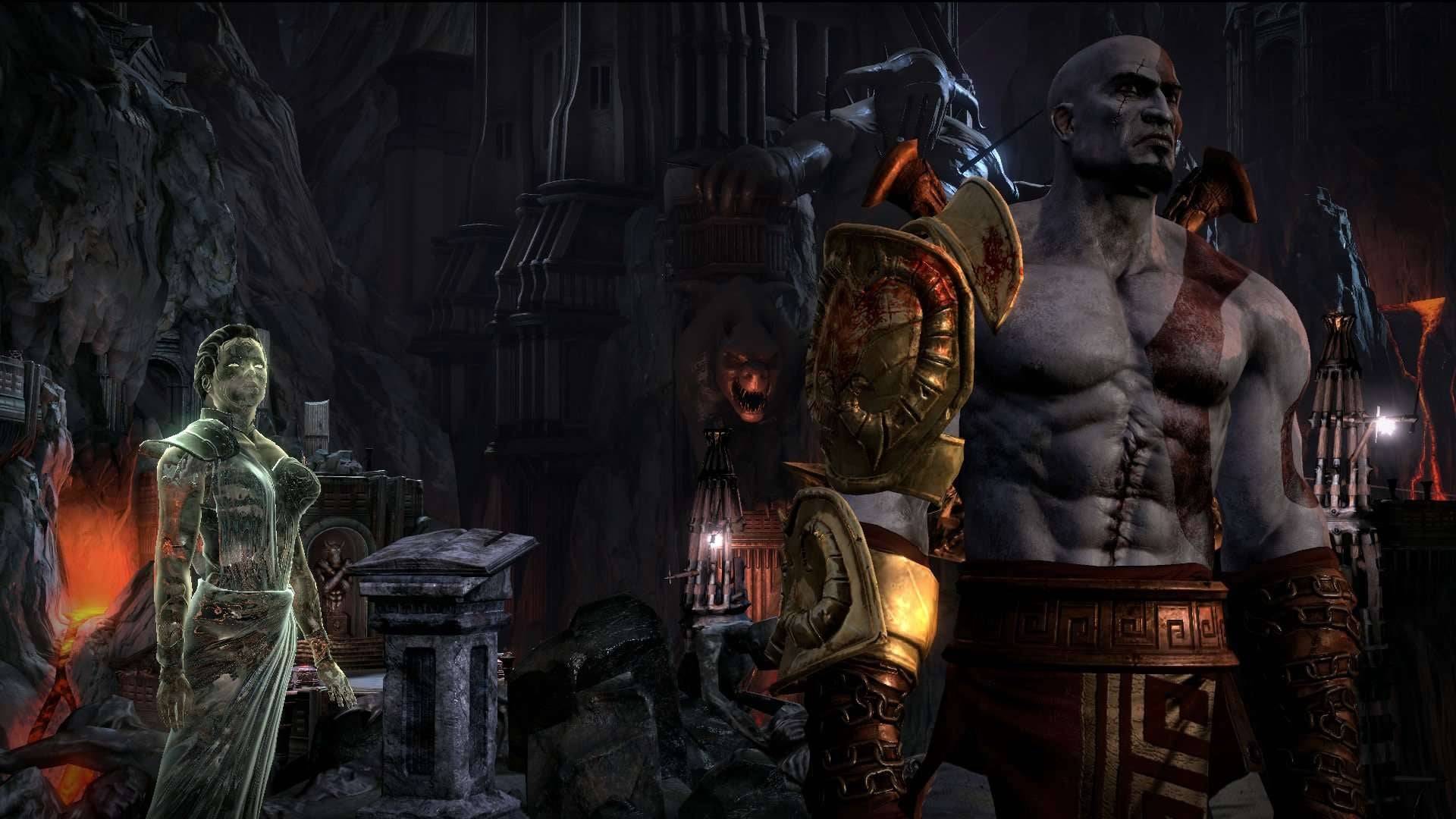
Beyond Combat: Storytelling Evolution
The most profound evolution emerged narratively. The Norse saga explored Kratos' grief and fractured relationship with Atreus through nuanced storytelling - a dramatic departure from Greek-era brutality. This emotional depth proved instrumental to critical and commercial success.
The developers' perspective proves enlightening - they view Norse installments not as traditional sequels but as continuations of Kratos' journey. This philosophy must guide future chapters.
"The Norse games are not sequels in the traditional sense, but rather extensions of Kratos' journey."
The Delicate Balance
Radical change guarantees nothing - observe Assassin's Creed's struggles maintaining narrative cohesion during its RPG transition. While profitable, diminishing ties to core assassin lore frustrated long-time fans.
God of War's genius lies in transforming while respecting its essence. The Norse evolution preserved Kratos' compelling characterization and combat fundamentals while building meaningful additions: expanded Spartan Rage, innovative weapons, diverse adversaries, and playable Atreus sections.
Future installments - Egyptian or otherwise - must maintain this delicate equilibrium: honoring successful foundations while pursuing bold innovations. After the Norse saga proved storytelling mastery matched combat excellence, narrative ambition must remain paramount.
The Norse saga establishes crucial precedents for future success. While combat must maintain excellence, narrative ambition has become equally vital. Kratos' transformation from rage-driven destroyer to complex patriarch demonstrates exceptional writing's importance. Whatever mythology awaits must build upon these strengths while forging innovative paths worthy of God of War's legacy.
Latest Articles



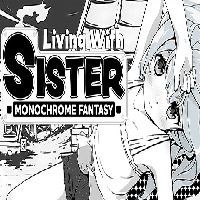


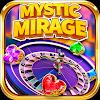
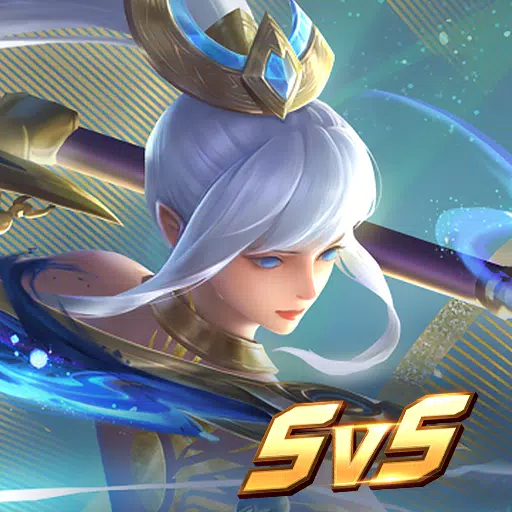



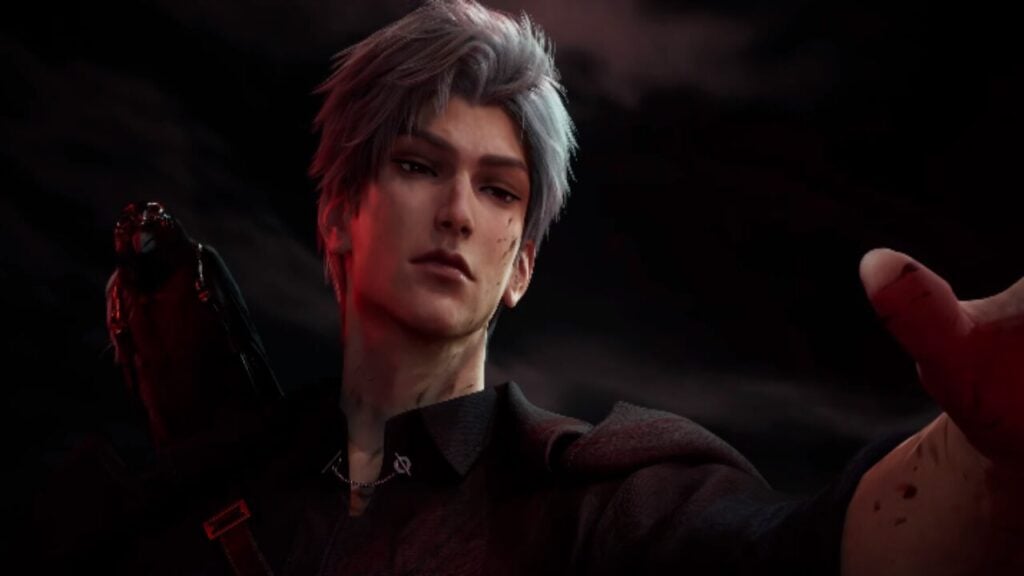
![Roblox Forsaken Characters Tier List [UPDATED] (2025)](https://images.dyk8.com/uploads/18/17380116246797f3e8a8a39.jpg)
